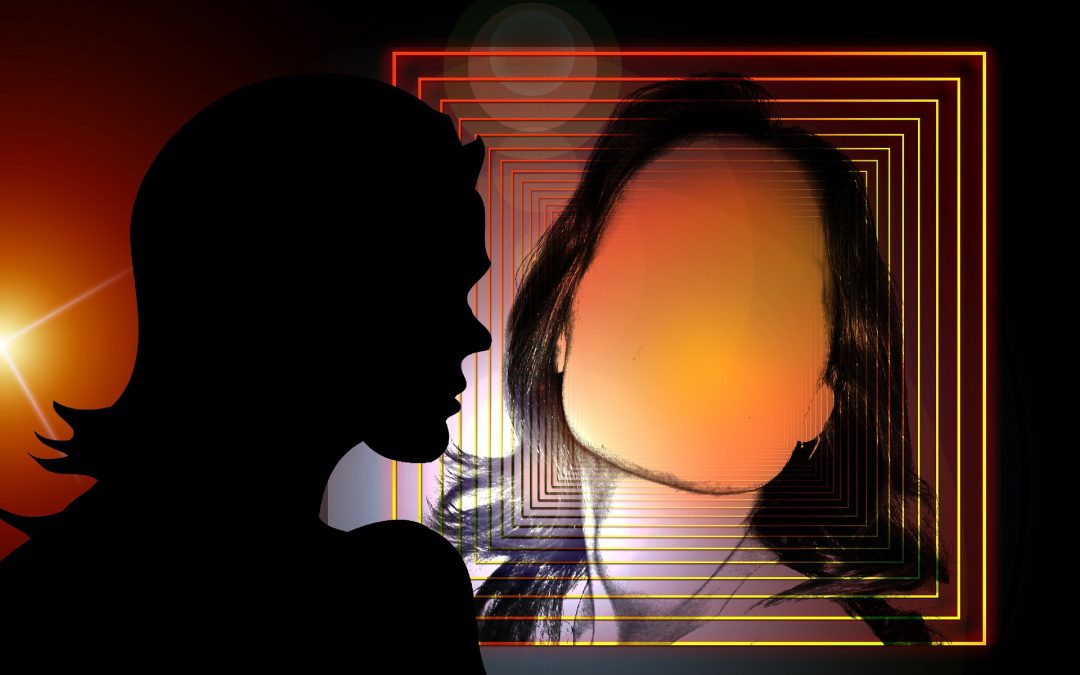Recently, whilst walking through town, I became temporarily dissociated. My physical presence felt detached from my surroundings and my senses shut down to the point of numbness. Nothing beyond my self felt real, and even the self felt curiously alien.
WebMD describes dissociation as:
“…a break in how your mind handles information. You may feel disconnected from your thoughts, feelings, memories, and surroundings, it can affect your sense of identity and your perception of time”. (WebMD, What is Dissociation, 2019)
My therapist says that the physical feeling of dissociation is the defense mechanism of the body preparing for death. When, in a nutshell, the body can no longer cope with trauma so it starts to shut down. When feelings go so far beyond fight or flight that the next stage is to dissociate, become confined, detach, develop disconnectedness, numbness, in response to trauma. Trauma is often thought of as being triggered by a major event, but, for those of us who have difficulty processing intense emotions, trauma can be found in the mundane activities of every day life. I found walking through town on this particular occasion traumatic, despite traveling the same route several times a week. My fight or flight response elevated, there was nowhere to go, so the next thing for my body to do was to dissociate. Dissociation is quite an extreme response to circumstances. It is also a symptom of many mental health conditions, such as stress and anxiety, depression, bipolar disorder, schizophrenia, PTSD and in my case, borderline personality disorder. There are also specific dissociative disorders.
Particular therapies can help with dissociation such as Cognitive Behavioral Therapy and Dialectical Behavioral Therapy. CBT can help change the way negative thoughts are handled leading to more positive behavior and DBT can teach skills such as mindfulness and grounding techniques that can train your thoughts to be in the present and accept and experience each moment for what it is, ride the wave and let all pass naturally. My dissociative synptoms are not as frequent nor as lengthy since I learned certain techniques to help, such as I described in my other article Observational Self Help which can be found here: https://paintedbrain.org/mental-health/observational-self-help/#
I hope, if you dissociate that you can find the love and support you need and the guidance you require to help you through your trauma, and remember, if you know someone who dissociates that their every day trauma is real and apparent and engaging in conversation about it can go a long way to starting the healing process. So, let’s all talk about dissociation, the more we talk, the better we understand one another.
References:
What Is Dissociation?. [online] WebMD. Available at: https://www.webmd.com/mental-health/dissociation-overview#1 [Accessed 5 Feb. 2020].


